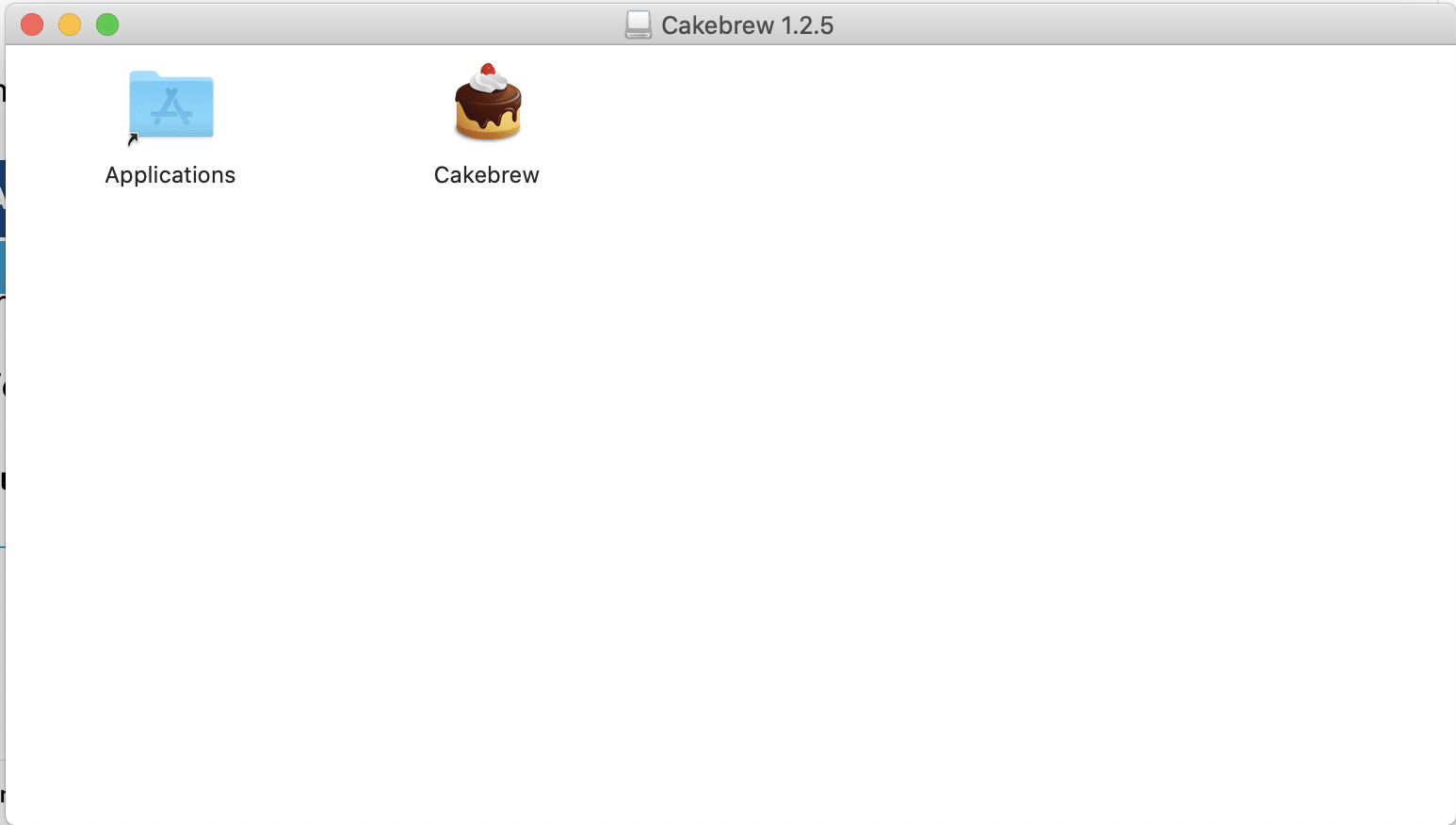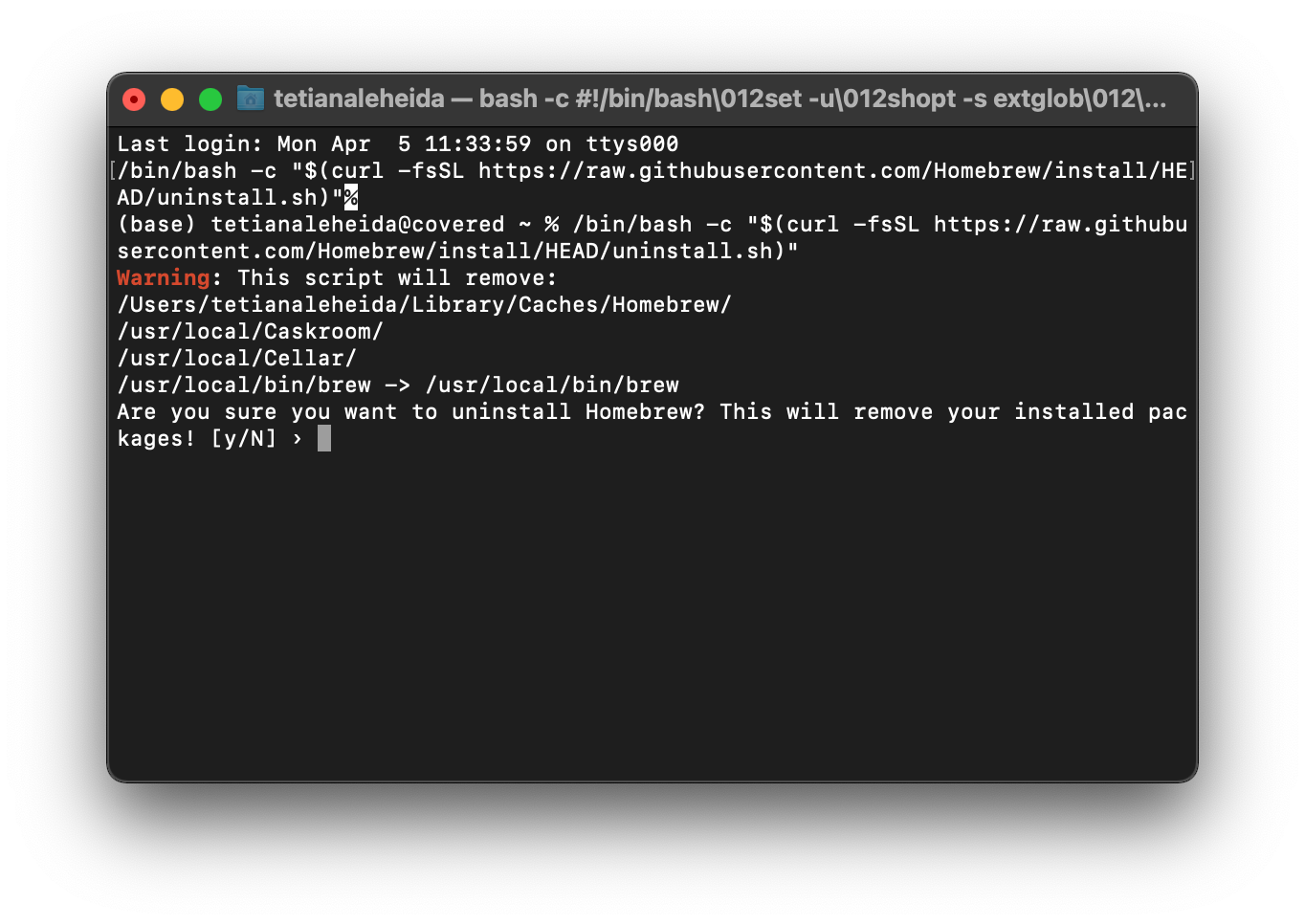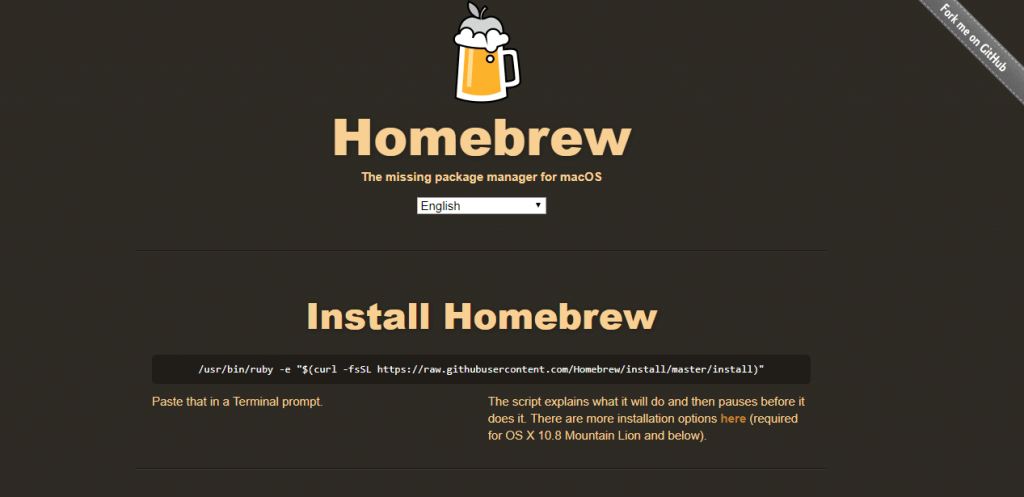
You can also export content in HTML or embed your HTML package in the program. Besides the basic screen recording features, you can make guides, elearning games, and quizzes that make educational videos more interactive. If you work in the elearning industry, you may prefer ActivePresenter to other software. The majority of functions are fee-basedĬapterra rating: 4.8 out of 5 stars, 25 good reviews out of 25.
Cakebrew mac trial#
Limited functionality in the free trial version.Share and collaboration options with video hosting.Wide range of recording and screenshotting settings.You can try a free version with limited functionality or pay a monthly subscription to use the fully featured program. Screencast-o-Matic is appropriate for both personal and business use. But, of course, these options are not available for free. Plus, there’s a secure recording backup to online storage, so you’ll never lose your files.

The best aspect is that the company offers cloud hosting, so you can get unlimited ad-free uploads and collaboration tools. You can also take screenshots and edit images to add arrows, text, highlights and more. It's a screen recorder and video editor in one.

This is one of the best-known programs, with millions of users all over the world. G2 rating: 4.2 out of 5 stars, 34 good reviews out of 38 Price: free version, premium from $1.65/month
Cakebrew mac software#
Movavi Screen Recorder is a screen recording software for your Mac. G2 rating: 4.5 out of 5 stars, 41 good reviews out of 44 Price: free trial, premium for $37.95/year or $52.95/lifetime I don't have a new Mac to test with, but adding path+=/opt/homebrew/bin to a new file at ~/.zshrc should to the trick.Best for: capturing streaming videos, webinars, and online calls
Cakebrew mac install#
According to the install script, the brew prefix is /opt/homebrew on ARM-based Macs (apparently this is to work around needing sudo for operations in /usr/local). I missed that you said you have an M1 Mac.

If you run which zsh you should still see some output if your default shell did get changed some, you can change it back using chsh -s /bin/zsh.

( export PATH="/usr/local/bin:$PATH" in your ~/.zshrc, or path+=/usr/local/bin to use the zsh-specific syntax). This will set it up to be accessible by any shells, as long as you have /usr/local/bin in your PATH. I've skimmed that script and I think it's actually zsh compatible too, but not 100% sure. The initial brew setup script you're using was deprecated, you'll want to use /bin/bash -c "$(curl -fsSL )". The bash deprecation warning from macOS can safely be ignored, or you can add export BASH_SILENCE_DEPRECATION_WARNING=1 to ~/.bashrc` to permanently silence it.


 0 kommentar(er)
0 kommentar(er)
